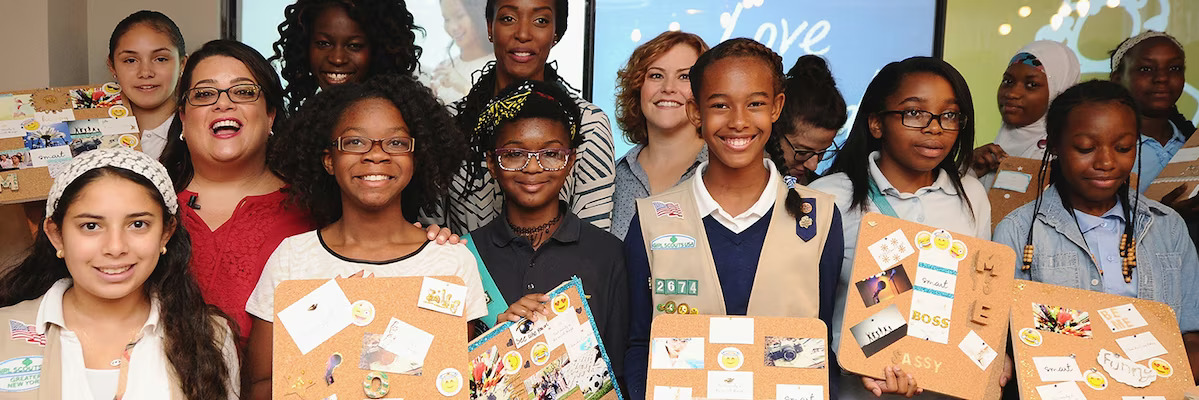
What do Children Need to Boost their Physical and Mental Wellbeing?
Here are some hard (to swallow) facts about children in the UK today;
1. One in three children now live in poverty (Child Poverty Action Group)
2. Almost half of those living in poverty are under 5 years old (Child Poverty Action Group)
3. More than a fifth of children are regularly missing school (classed as persistent non-attenders)
4. One in five children are overweight or obese when they begin school (Health and Social Care Information Centre)
Infants and preschool children also have one of the highest visit rates of any age group to primary care – appointments with GPs or other clinical staff for this age groups and their parents/carers are currently estimated at over 8 million per month (NHS Digital)
Given the above, what additional support and education does this age group require in primary care than could positively affect their physical and mental wellbeing?
Children living in poverty
It goes without saying that anyone from a low-income household is far more vulnerable to the effects of the ongoing cost-of-living crisis because extra costs for households with no financial wiggle room simply cannot be met, forcing many into a downward financial cycle.
There is also less support available when it comes to childcare with 11% of all households experiencing destitution being lone-parent households (BMJ) causing many to struggle to balance work life with caring for a young family.
Increase awareness of financial support
Co-locating financial/welfare advice services in GP settings is clearly a good approach to start with and one that has already demonstrated significant improvements when employed.
At IDS Media, we’re seeing more local councils raise awareness of schemes across our network, but more must be done to improve access to and awareness of financial support for those most at risk.
One brand stepping up is British supermarket chain Iceland which, in partnership with Fair For You, launched The Iceland Food Club, which allows members to apply for interest-free microloans on a pre-loaded card. Loans are repaid at the rate of £10 a week on any chosen day and are available in six annual windows coinciding with school holidays when family finances are usually most stretched.

Children regularly missing school
Disruption to education impacts young people’s learning, social development, and future employment prospects. This means they are more likely to struggle with financial instability and inequality in later years.
Encourage school attendance
We know GPs are being asked to promote school attendance for kids with colds or anxiety. In fact, the NHS recently produced guidance, titled ‘Is my child too ill for school?’ and GPs are being encouraged to share this with their practices and patients.
HCPs are still amongst the most trusted professions in the UK, so their word should hold a lot of clout, but what additional support tools on common childhood illnesses (conjunctivitis, ear infections, sore throats, threadworm etc.) are they being given from the government, relevant brands or organisations?
A regionally targeted campaign Miss School, Miss Out aimed to boost school attendance was launched earlier this year. The campaign raised awareness amongst schoolchildren and their parents of the impact of missing school on children’s education and highlighted how children can miss out spending time with friends, doing fun activities and learning important life skills.

Children struggling with weight issues
A recent study explored the relationship between mental health and body mass index (BMI) and found that children with a higher weight are more likely to have poor mental health outcomes.
Due to this and the increase in obesity amongst this age group, the proportion of young people with obesity and emotional difficulties, such as depression and anxiety, is now around twice that observed for young people with a healthy BMI.
Encourage body positivity
Researchers have found that increasing children’s satisfaction with their appearance and self-esteem could help to protect against the negative impacts of obesity and mental health.
As such, education on positive body image should be more accessible to young children. There should also be more campaigns to promote healthy eating, as well as apps and phone lines to encourage children to access mental health support.
Dove’s latest campaign with free resources for parents and curriculum-aligned body confidence workshops is a great example of how FMCG brands can involve themselves in this conversation and make a real difference.

How can we help?
There are a range of interventions which would help and any resources should be directed to both preventative and treatment services to make sure all children and young people receive the support they need.
We’d love to hear more from any brands or organisations who can help address some of the issues brought up in this article. Please contact us if you’d like to find out more about our services and how we can get you in front of millions of children and their parents/carers every month.